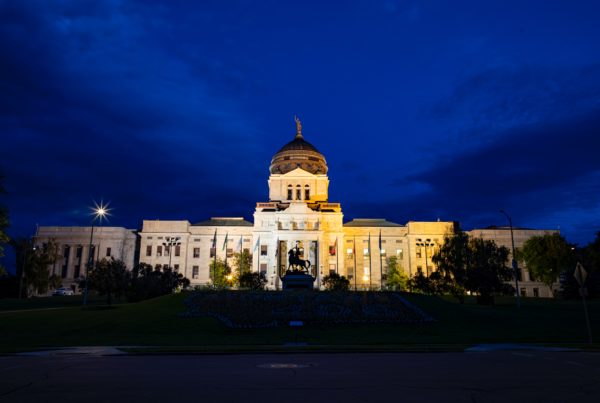God is richly personal, as seen in the following conversations.
1st Conversation
The first personal conversation takes place with Abraham at his house, which is actually an elaborate tent.
It’s hot outside, Abraham is meditating or perhaps resting, and then suddenly Christ is at his door. The appearance has a theological term, it’s called a theophany, which is a bodily appearance of Christ in the Old Testament.
Jesus is at his tent door along with two powerful angels, something that will be clarified in the following chapter.
Abraham is revered in scripture for his faith, for all his flaws, he is an immediate responder to the things of God. He runs to meet the Lord and bows down before him.
What’s fascinating about Abraham is his immediate recognition of the Lord, because Abraham knows God, he can see God and receive his presence, so he bows down to worship.
The word “bowed” is “shachah,“ and means to worship.
Abraham moves quickly to bless the Lord, his behavior is consistent with ancient hospitality. Though not requested, a fresh meal is served, and Jesus and angels enjoy it together.
That should cook your brain a bit, angels in bodily form are able to eat humanb food, the supernatural has moved into the natural, and now things get interesting.
2nd Conversation
The second conversation is pointed toward Sarah, and a son she thought impossible to have. The Lord speaks to Sarah who is nearby and sets a firm timeline for the miraculous, a year from now, Sarah, at an age when most are placed into retirement homes, is going to have a baby.
She laughed, but it would wrong to think of it as scorn or mocking, the same word is used later when she celebrates the actual birth of her son Isaac.
Her laughter is the laughter of irony, as in the plans, purposes and timing of God is often strange. The Lord caught her laughting, and it made her nervous, to the point of denial.
One wonders what Abraham was thinking the whole time.
3rd Conversation
The third conversation involves wickedness. Sodom and Gomorrah now enter the picture, and the Lord allows Abraham in on what it about to take place. God wants to, in bodily form, confirm the wickedness of that place.
Abraham then enters into a conversation that can be understood as intercession. He pleads with God to not punish the righteous with the wicked, and explores in conversation the limits of divine judgment—if righteous people are found, will God stay his hand—the answer is yes.





